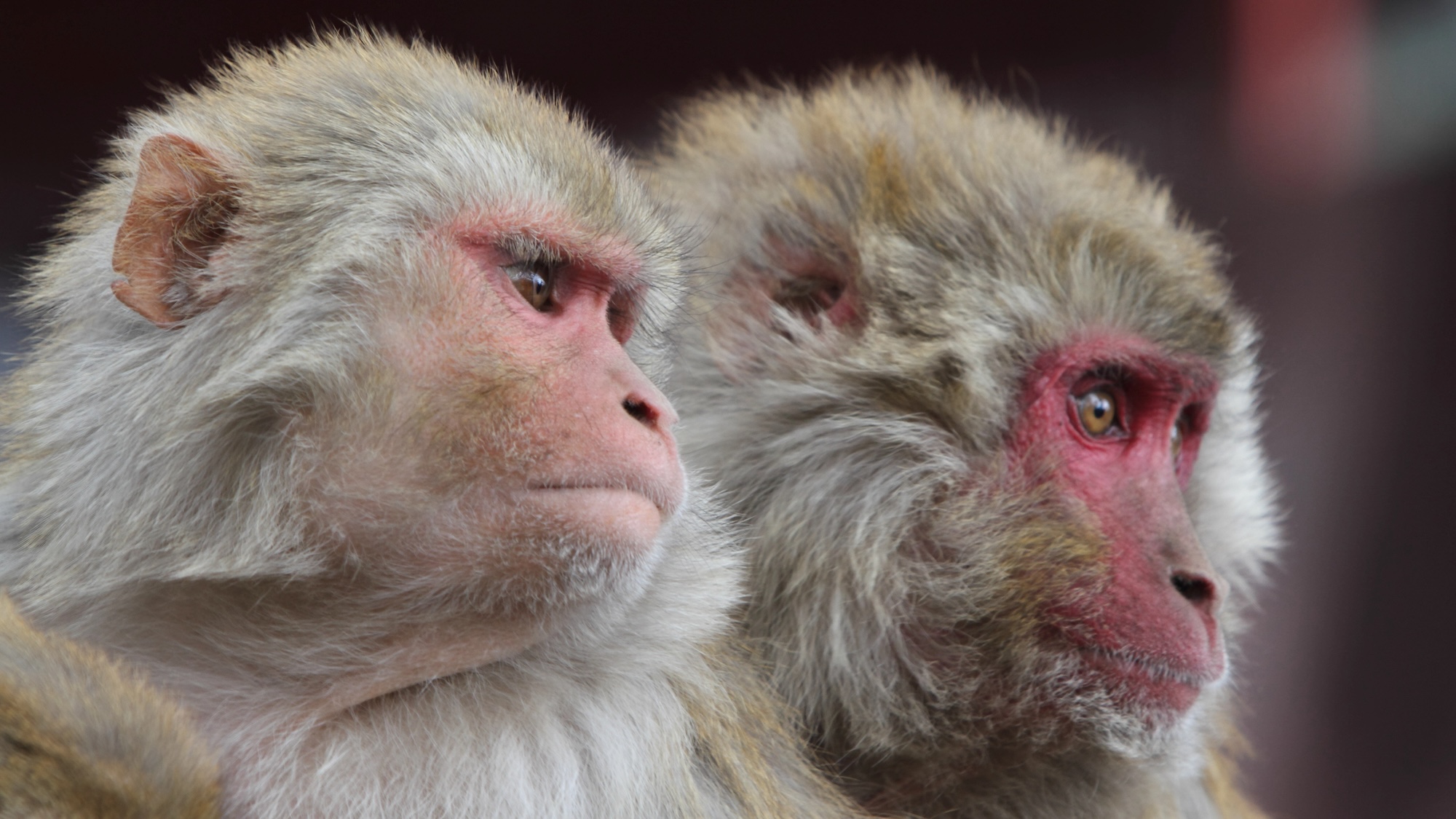

Authorities in Yemassee, South Carolina, have warned its roughly 1,100 residents to “keep doors and windows secured” after the escape of 43 rhesus macaque monkeys from a nearby biomedical animal housing facility. On November 6th, the town’s police department released an initial statement on social media explaining that the monkeys belong to Alpha Genesis, one of the world’s largest providers “of the finest nonhuman primate products and services.”
“Traps have been set up around the area, and the Yemassee Police Department is currently on-site utilizing thermal imaging cameras in an attempt to locate the animals,” YPD officials posted on Wednesday evening.
Police and Alpha Genesis researchers stressed that locals should “refrain from approaching” any of the monkeys, and instead immediately contact 911 if they are spotted. YPD also confirmed in a separate update on Thursday morning that “there is no health risk associated with these animals,” although they haven’t yet been able to recapture any of them. Rhesus monkeys are typically 19-21 inches in length, weigh around 12-17 lbs., and can become aggressive if provoked.
[Related: These monkeys have giant noses for exactly the reason you think.]
Alpha Genesis is responsible for the maintenance, feeding, and veterinary care of monkeys at its primary facility in Yemassee. Known by locals as the “Monkey Farm,” the location is home to around 6,500 animals—roughly six times the town’s population. The company also oversees a colony of about 3,500 rhesus monkeys on the nearby Morgan Island, which is only accessible by boat at the mouth of the Combahee River. Local newspaper, The Post and Courier, reported last year that Alpha Genesis received a federal contract to establish another colony on the 400-acre space also nicknamed “Monkey Island.” No research is done on the island itself, but The Post and Courier explained that between 600 and 700 monkeys are typically removed every year and transported for use in various research capacities such as biomedical and vaccine research.
This isn’t the first time monkeys escaped Alpha Genesis. As CBS News explains, 19 animals broke free from its Yemassee facility for about six hours in 2016 before authorities safely located and retrieved them.